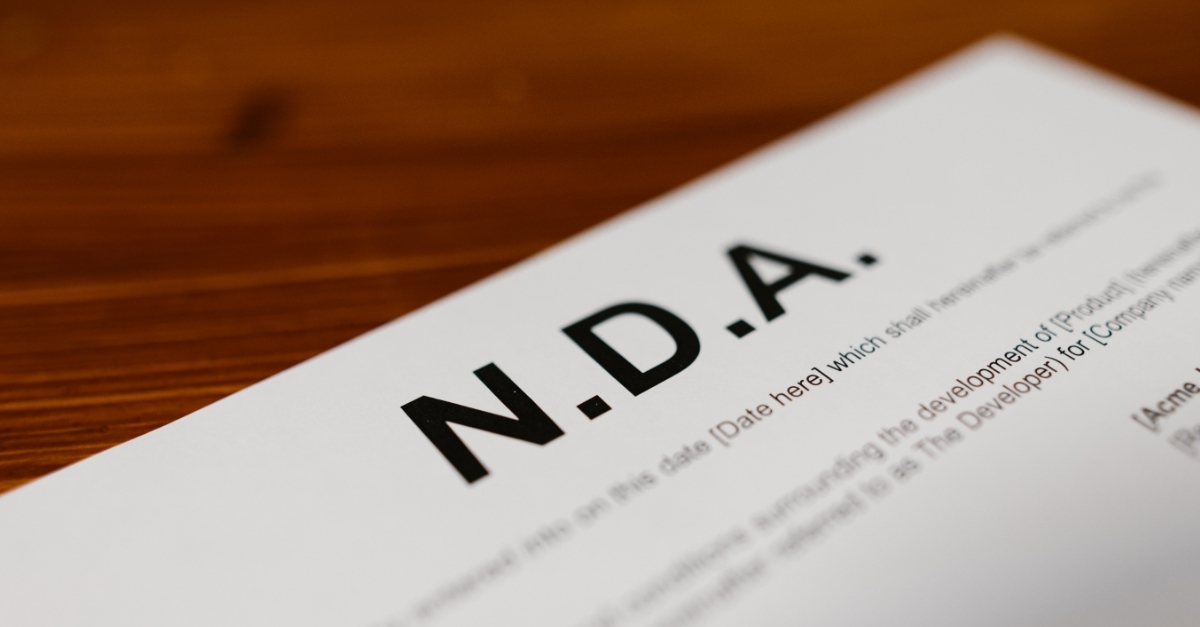
Protecting competitive business information is critical when selling a business in a competitive industry. Revealing too much can expose trade secrets, intellectual property, or proprietary processes, putting your business at risk. Strategic confidentiality ensures your business stays protected while still attracting serious buyers.
Why Confidentiality Matters in Competitive Industries
Maintaining anonymity during sales is essential in industries driven by innovation or specialised methods. For example:
- Technology companies: If proprietary software, algorithms, or tech stacks are shared too early, they can be copied or reverse-engineered.
- Manufacturers: Unique production techniques or supply chain efficiencies can be exploited by competitors.
- Service providers: Confidential client lists and operational methods may attract poaching attempts.
By keeping the business name anonymous, you limit the exposure of sensitive information until a buyer demonstrates serious interest and commits to confidentiality.
Best Practices for Protecting Competitive Information
- Non-Disclosure Agreements (NDAs)
Potential buyers are required to sign NDAs before accessing any confidential details about your business. NDAs legally bind buyers to keep their information private and limit the risk of unauthorized sharing. - Controlled Information Access
Share only high-level information in the early stages. Details about financial performance and general market positioning can attract buyers without exposing sensitive aspects of your business. - Engage a Broker
An experienced broker can help manage inquiries and vet buyers, as well as ensure that disclosures are handled professionally. Brokers act as intermediaries, reducing the risk of direct exposure to competitors.
Case in Point: A Software Development Company in Sydney
A small software firm developed a proprietary platform that revolutionised client data management. When the owners decided to sell, they listed the business anonymously to prevent competitors from accessing their technology. Using NDAs and a broker, they limited sensitive information to vetted buyers. The sale concluded successfully, with the buyer acquiring the business and the protected intellectual property.
On the other hand, you can dive into the first blog in another series to discover “The Myth of Confidentiality in Selling Your Business” and how going branded can help you achieve a sale.
Key Takeaways
Confidentiality safeguards your competitive edge: Protecting competitive business information during a sale prevents trade secrets, proprietary methods, and intellectual property from being exposed.
NDAs are essential: Non-disclosure agreements legally protect your sensitive information, ensuring buyers cannot share or misuse it.
Controlled access minimises risks: Share only high-level information during initial stages, and disclose sensitive details only to vetted, serious buyers.
Professional brokers enhance confidentiality: Experienced brokers manage buyer inquiries and disclosures, ensuring competitive business information remains secure.
Confidentiality ensures a successful sale: By protecting competitive business information, you attract serious buyers while preserving the value and uniqueness of your business.



